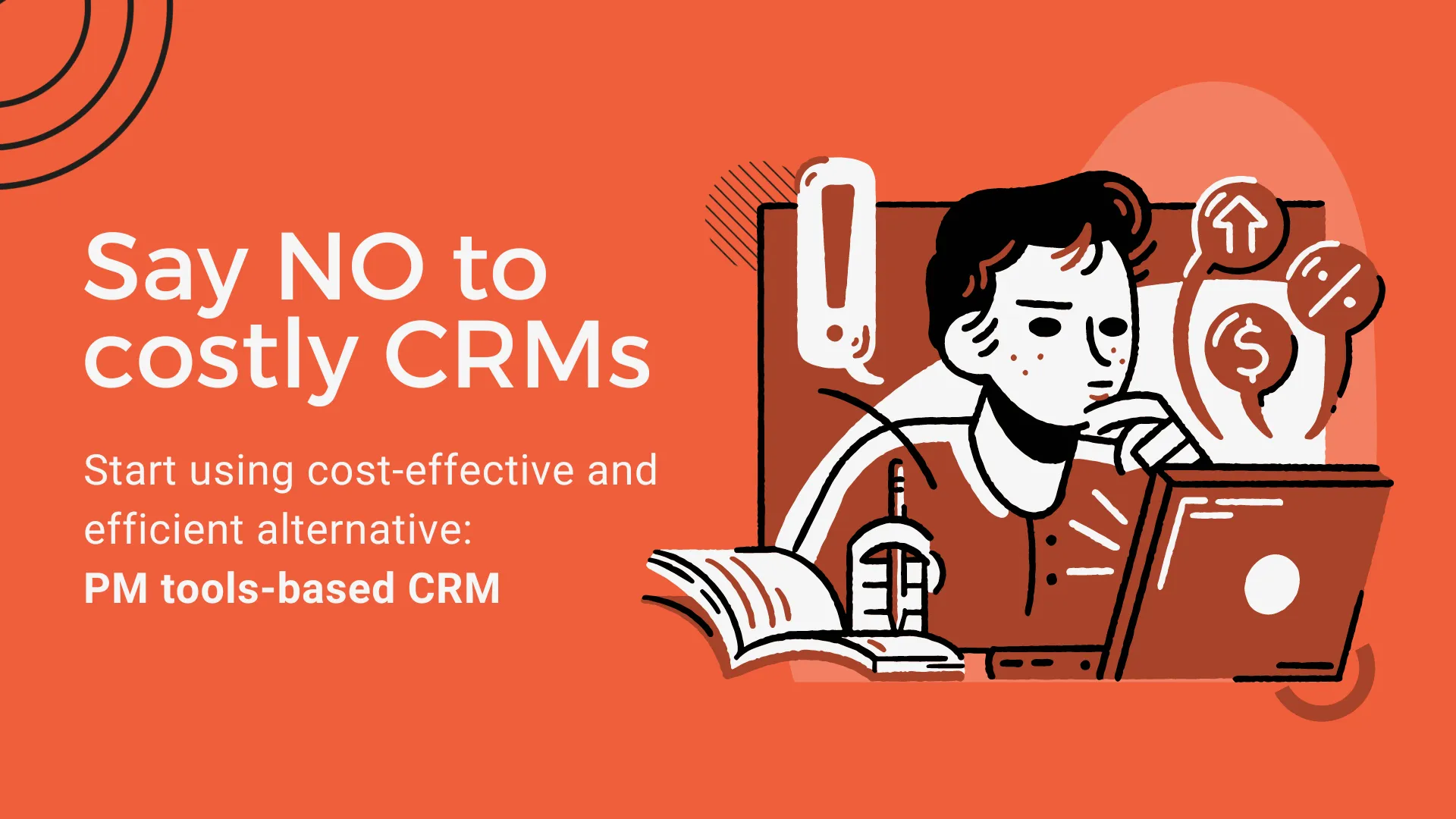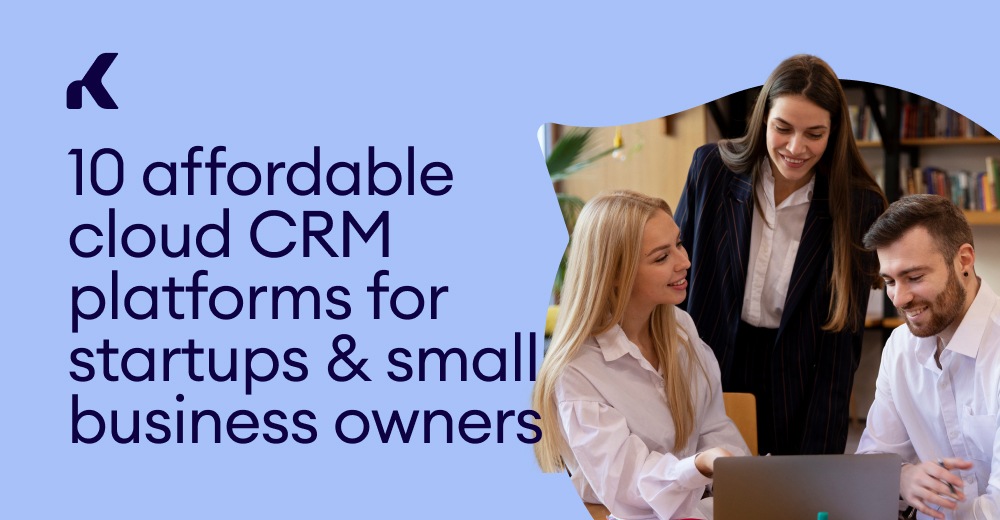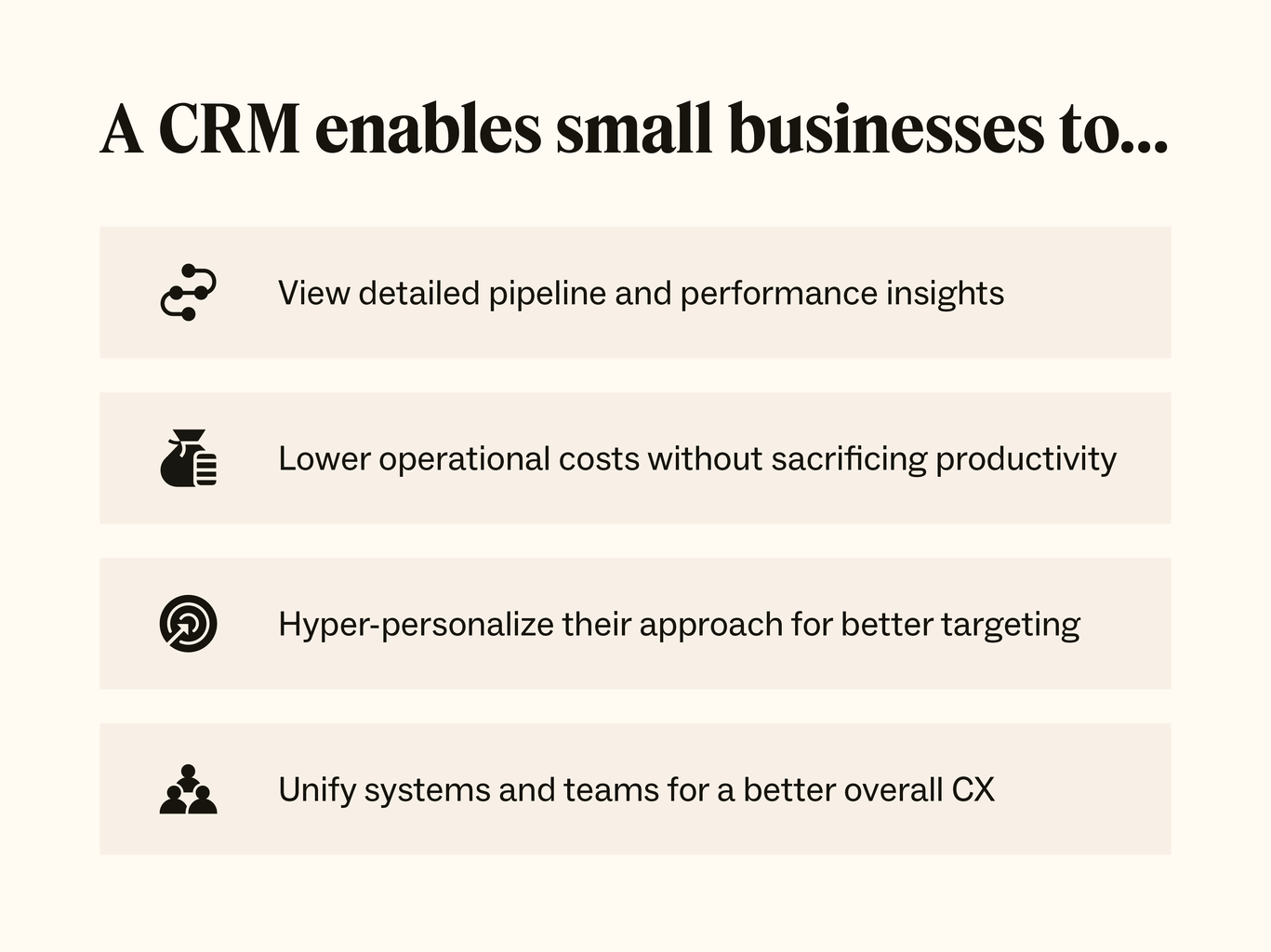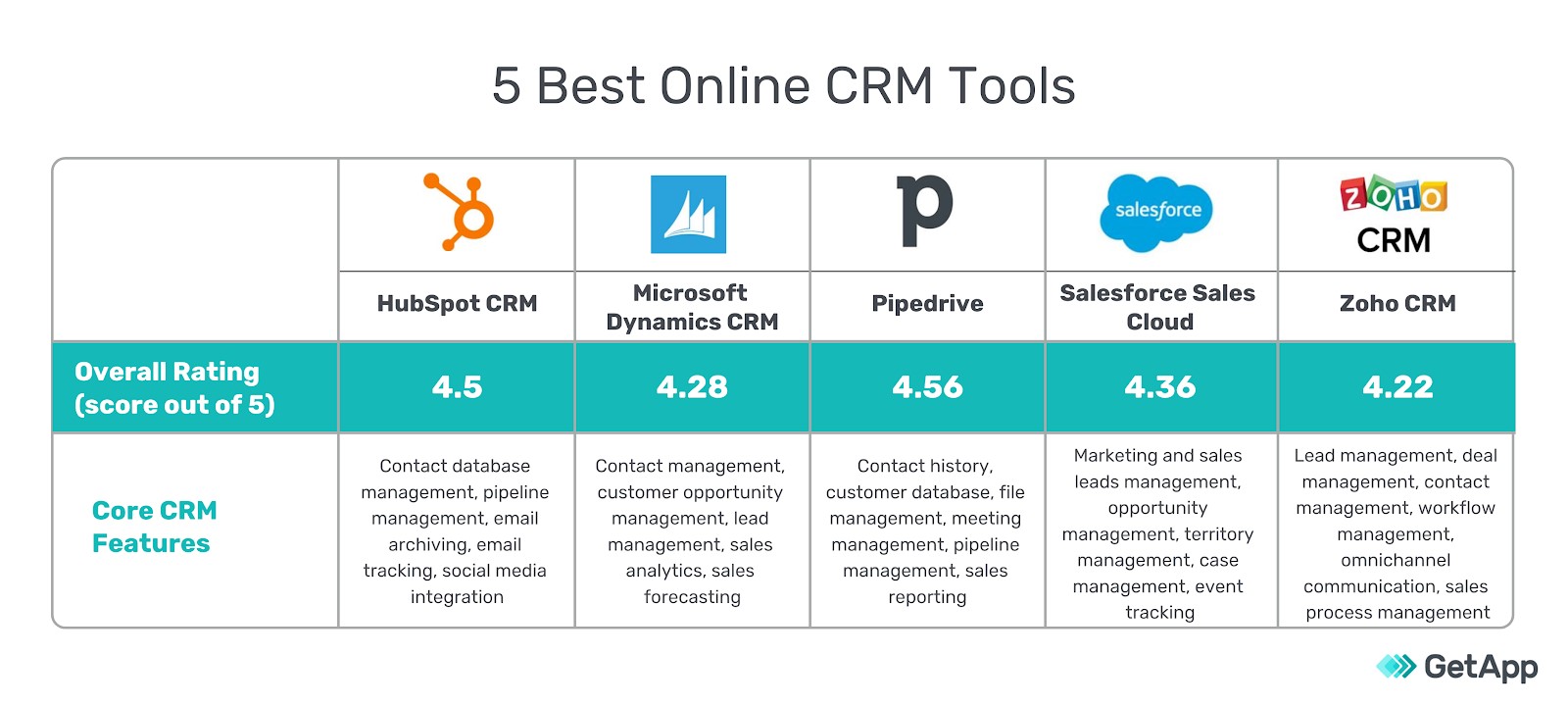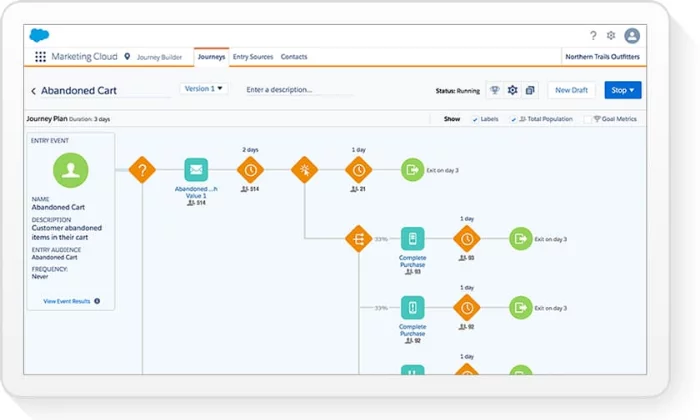Supercharge Your CRM: Mastering SMS Marketing Campaigns for Explosive Growth

Unlocking the Power of SMS Marketing within Your CRM
In today’s hyper-connected world, businesses are constantly seeking innovative ways to connect with their customers. While email marketing and social media campaigns remain crucial, a powerful, often overlooked tool is SMS marketing. When integrated seamlessly with your Customer Relationship Management (CRM) system, SMS marketing transforms into a powerhouse for driving engagement, boosting sales, and fostering lasting customer relationships. This article delves deep into the world of CRM marketing SMS campaigns, providing a comprehensive guide to help you harness their full potential.
Why CRM and SMS Marketing Are a Match Made in Heaven
The synergy between a CRM and SMS marketing is undeniable. A CRM system acts as the central nervous system of your business, housing all your customer data, interactions, and preferences. SMS, on the other hand, offers a direct, immediate, and highly personal communication channel. Combining these two creates a potent blend that allows you to:
- Personalize messaging at scale: CRM data allows you to segment your audience and tailor SMS messages to individual customer needs and behaviors.
- Automate communication: Trigger SMS messages based on specific actions within your CRM, such as purchase confirmations, appointment reminders, or abandoned cart notifications.
- Increase engagement rates: SMS boasts exceptionally high open and response rates compared to other marketing channels.
- Boost sales and revenue: Promote special offers, new products, and time-sensitive deals directly to your customers’ phones.
- Improve customer service: Provide instant support, answer questions, and resolve issues quickly via SMS.
- Gain valuable insights: Track SMS campaign performance within your CRM to understand what resonates with your audience and optimize your strategies.
Getting Started: Setting Up Your CRM for SMS Marketing
Before launching your SMS marketing campaigns, you’ll need to integrate your CRM with an SMS platform. Here’s a step-by-step guide to get you started:
- Choose an SMS platform: Several platforms seamlessly integrate with popular CRMs. Research and select a provider that meets your needs, considering factors like pricing, features, and compliance with regulations like TCPA (Telephone Consumer Protection Act) and GDPR (General Data Protection Regulation). Some popular choices include Twilio, MessageBird, and SimpleTexting.
- Integrate your CRM with the SMS platform: Most SMS platforms offer pre-built integrations with leading CRMs like Salesforce, HubSpot, Zoho CRM, and others. Follow the platform’s instructions to connect your accounts. This typically involves entering API keys and configuring data synchronization.
- Import or sync your customer data: Ensure your customer data, including phone numbers, is accurately imported or synced from your CRM to the SMS platform. Verify that you have the necessary permissions to contact these individuals via SMS.
- Obtain consent: This is crucial. Always obtain explicit consent from your customers before sending them SMS messages. This can be done through opt-in forms on your website, during checkout, or through other communication channels. Make it clear what they are signing up for and how to opt-out.
- Set up your SMS campaign structure: Decide on the types of messages you want to send (promotional offers, appointment reminders, etc.), create your message templates, and define your target audience segments within your CRM.
Crafting Compelling SMS Marketing Campaigns
Once your CRM and SMS platform are connected, it’s time to create engaging and effective campaigns. Here are some best practices:
1. Know Your Audience
The most successful SMS campaigns are highly targeted. Use your CRM data to segment your audience based on demographics, purchase history, browsing behavior, and other relevant factors. This allows you to personalize your messages and deliver content that resonates with each segment.
2. Keep It Concise
SMS messages are limited in length, so brevity is key. Get straight to the point and use clear, concise language. Avoid jargon and overly complex sentences. Aim for a tone that’s friendly and approachable.
3. Provide Value
Your SMS messages should always provide value to your customers. Offer exclusive deals, announce new products or services, provide helpful tips, or send timely reminders. Avoid sending irrelevant or unsolicited messages that could annoy your audience.
4. Include a Clear Call to Action (CTA)
Every SMS message should have a clear CTA that tells the recipient what you want them to do. This could be visiting your website, making a purchase, booking an appointment, or contacting customer support. Make your CTA prominent and easy to understand.
5. Time Your Messages Wisely
Consider when your customers are most likely to be receptive to your messages. Avoid sending messages late at night or during work hours, unless it’s an urgent notification. Test different sending times to see what works best for your audience.
6. Personalize Your Messages
Use personalization tokens within your CRM to include the recipient’s name, purchase history, or other relevant information in your messages. This makes your messages feel more relevant and increases engagement.
7. Optimize for Mobile
Ensure your website and landing pages are mobile-friendly. Include short links in your messages that direct recipients to mobile-optimized content. Test your messages on different devices to ensure they display correctly.
8. Comply with Regulations
Always comply with SMS marketing regulations, such as TCPA in the United States and GDPR in Europe. Obtain explicit consent before sending messages, provide clear opt-out instructions, and respect your customers’ privacy.
Types of SMS Marketing Campaigns to Implement
There’s a wide variety of SMS marketing campaigns you can run, each with its unique benefits. Here are a few examples:
1. Promotional Campaigns
Announce special offers, discounts, and sales promotions directly to your customers’ phones. These campaigns can drive immediate sales and boost revenue. For example, “Hey [Name], get 20% off your next purchase! Use code SUMMER20 at checkout. Shop now: [link]”.
2. Appointment Reminders
Send automated appointment reminders to reduce no-shows and improve customer satisfaction. This is particularly useful for businesses like healthcare providers, salons, and consultants. For instance, “Hi [Name], this is a reminder for your appointment with [Business Name] on [Date] at [Time]. Reply YES to confirm or NO to reschedule.”
3. Order Confirmations and Shipping Updates
Keep your customers informed about the status of their orders. Send order confirmations, shipping updates, and delivery notifications via SMS to enhance the customer experience. An example: “Your order from [Business Name] is on its way! Tracking number: [tracking number]. Estimated delivery: [date].”
4. Abandoned Cart Recovery
If a customer abandons items in their online shopping cart, send a follow-up SMS message to encourage them to complete their purchase. This can significantly increase conversions. For example, “Hi [Name], your items are waiting! Finish your order now and get free shipping: [link].”
5. Customer Service and Support
Provide instant customer service and support via SMS. Allow customers to text you with questions, concerns, or requests. This can improve customer satisfaction and loyalty. For example, “Need help? Text us back to this number for assistance!”
6. Surveys and Feedback
Gather customer feedback and insights by sending short surveys via SMS. This can help you improve your products, services, and customer experience. An example: “Thank you for your recent purchase! How would you rate your experience? Reply 1-5 (5 being excellent).”
7. Loyalty Program Updates
Keep your loyalty program members informed about their points balance, exclusive offers, and rewards via SMS. This can drive engagement and encourage repeat business. For instance, “[Name], you’ve earned 100 loyalty points! Redeem them for a discount on your next purchase: [link].”
8. Event Invitations
Promote upcoming events, webinars, and workshops via SMS. This can drive attendance and generate leads. For example, “Join us for a free webinar on [topic]! Register now: [link].”
Measuring the Success of Your SMS Marketing Campaigns
To optimize your SMS marketing efforts, it’s crucial to track and analyze your campaign performance. Your CRM and SMS platform will typically provide reporting dashboards that offer valuable insights. Key metrics to monitor include:
- Open rate: The percentage of recipients who opened your SMS messages.
- Click-through rate (CTR): The percentage of recipients who clicked on links in your messages.
- Conversion rate: The percentage of recipients who completed a desired action, such as making a purchase or booking an appointment.
- Response rate: The percentage of recipients who responded to your messages.
- Unsubscribe rate: The percentage of recipients who opted out of your SMS messages.
- Return on investment (ROI): The revenue generated from your SMS campaigns compared to the cost of the campaigns.
Regularly review your campaign performance, identify what’s working and what’s not, and make adjustments as needed. A/B test different message variations, sending times, and CTAs to optimize your results.
CRM Software Examples for SMS Marketing
Several CRM platforms offer robust SMS marketing capabilities, either through built-in features or integrations with third-party SMS platforms. Here are some examples:
- HubSpot: HubSpot offers native SMS marketing features, allowing you to create and manage SMS campaigns directly within the platform.
- Salesforce: Salesforce integrates with numerous SMS platforms through the AppExchange, providing a wide range of options for SMS marketing.
- Zoho CRM: Zoho CRM offers built-in SMS marketing capabilities and integrates with several third-party SMS providers.
- Pipedrive: Pipedrive integrates with various SMS platforms, enabling you to send SMS messages and track campaign performance.
- ActiveCampaign: ActiveCampaign is a CRM and marketing automation platform with strong SMS marketing features.
When choosing a CRM, consider its SMS marketing capabilities and integrations to ensure it meets your needs.
Best Practices for Long-Term Success
SMS marketing, when implemented correctly, is an incredibly effective tool for driving engagement, building relationships, and growing your business. To ensure long-term success, consider these additional best practices:
- Prioritize Customer Privacy: Always respect your customers’ privacy and adhere to all relevant data privacy regulations. Be transparent about how you collect and use their data.
- Provide Value Consistently: Don’t just send promotional messages. Offer valuable content, helpful tips, and exclusive offers to keep your audience engaged.
- Monitor Your Reputation: Keep an eye on your online reputation and respond promptly to any customer feedback or complaints.
- Stay Up-to-Date: The marketing landscape is constantly evolving. Stay informed about the latest trends and best practices in SMS marketing.
- Be Patient and Persistent: Building a successful SMS marketing strategy takes time and effort. Be patient, test different approaches, and continuously optimize your campaigns.
The Future of CRM and SMS Marketing
The integration of CRM and SMS marketing is only set to become more sophisticated in the future. We can expect to see:
- Increased Personalization: Artificial intelligence (AI) and machine learning will enable even more personalized and targeted SMS messages.
- Enhanced Automation: More sophisticated automation workflows will be developed to streamline SMS marketing processes.
- Integration with Emerging Technologies: SMS marketing will likely integrate with emerging technologies like chatbots and voice assistants to provide even more seamless customer experiences.
- Focus on Compliance: The emphasis on data privacy and compliance will continue to grow, shaping the future of SMS marketing.
By embracing these trends and staying informed about the latest developments, businesses can maximize the power of CRM and SMS marketing to achieve their growth objectives.
Conclusion
CRM marketing SMS campaigns offer a powerful way to connect with your customers, drive engagement, and boost sales. By leveraging the synergy between your CRM and SMS platform, you can personalize your messaging, automate your communications, and deliver timely, relevant content. By following the best practices outlined in this article, you can create effective SMS marketing campaigns that generate impressive results. Remember to always prioritize customer privacy, provide value, and stay up-to-date with the latest trends. As technology continues to evolve, the future of CRM and SMS marketing is bright, promising even more opportunities for businesses to connect with their customers in meaningful ways. Embrace the power of SMS, and watch your business flourish!

